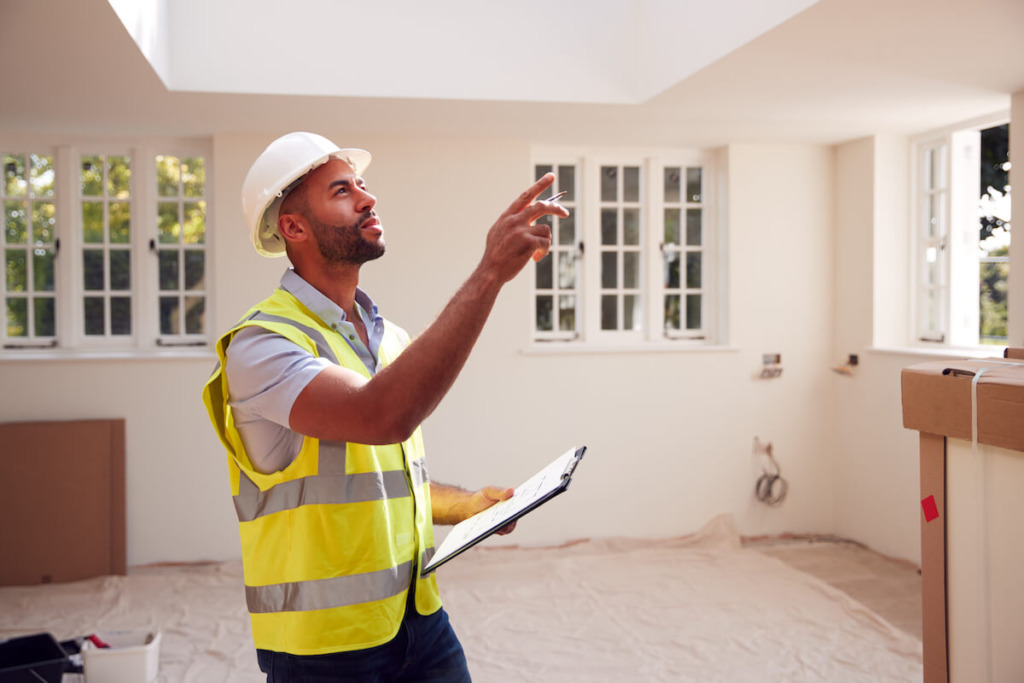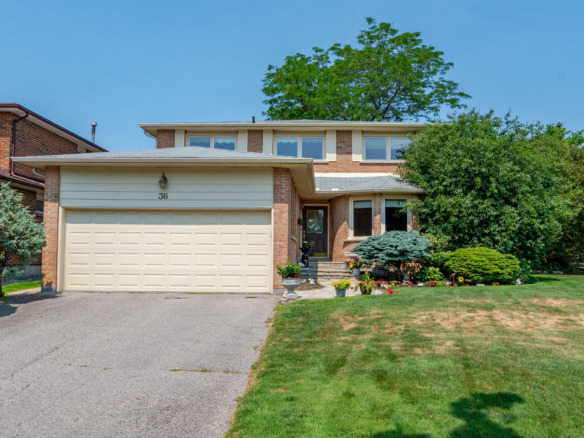First-Time Homebuyer Guide
Buying your first home is an exciting milestone, especially in a city as dynamic and diverse as the city of Toronto. But let’s face it—the real estate market here can be daunting for first-time homebuyers. From navigating high prices to deciphering industry jargon, it’s easy to feel overwhelmed. Don’t worry; I’ve created this simple 7-step guide to help you unlock Toronto’s real estate market and step confidently into homeownership.
Step 1: Understanding Your Budget
Your budget is the foundation of your home-buying journey. With the help of this first-time homebuyer guide, it’s important to know how much you can afford to help narrow down your options and keep expectations realistic. Start by calculating:
- Your Down Payment: In Canada, the minimum down payment varies based on the home’s purchase price:
- 5% for homes under $500,000
- 10% for the portion of the price between $500,000 and $1,000,000
- 20% for homes over $1,000,000
- Additional Costs: These include closing costs, home inspections, legal fees, and moving expenses. Budget for an extra 1.5% to 4% of the home’s purchase price.
Pro Tip: Use an online mortgage calculator to estimate your monthly payments and ensure they fit comfortably within your income.
Step 2: Get Pre-Approved for a Mortgage
Any good first-time homebuyer guide will tell you that before you start house hunting, get pre-approved for a mortgage. This step not only helps you understand how much a lender is willing to offer but also makes you a more attractive buyer to sellers.
To get pre-approved, you’ll need:
- Proof of income (e.g., pay stubs or tax returns)
- A list of debts and assets
- A good credit score (check yours beforehand!)
Why It Matters: In Toronto’s competitive market, having a pre-approval letter shows sellers you’re serious and financially prepared.
Step 3: Choose the Right Neighbourhood
Toronto is a city of neighbourhoods, each with its own unique vibe. If you follow the first-time homebuyer guide, consider areas that align with your lifestyle, commute, and budget. Here are a few popular options:
- Liberty Village: Perfect for young professionals, offering modern condos and a vibrant community.
- CityPlace: Known for its waterfront condos and proximity to the CN Tower and Rogers Centre.
- King West: One of the trendiest and fashionable condo neighbourhoods in Toronto.
Pro Tip: Take a stroll through potential neighbourhoods at different times of the day to get a feel for the community.
Step 4: Work with a Knowledgeable Realtor
Partnering with the right real estate agent can make all the difference in your home-buying experience. A good realtor will:
- Guide you through the process from start to finish
- Provide expert insights on neighbourhoods, pricing, and market trends
- Handle negotiations to ensure you get the best deal
Why It Matters: A knowledgeable realtor can save you time, stress, and even money by helping you avoid common first-time buyer mistakes.
Step 5: Don’t Skip the Home Inspection
A home inspection might seem like an extra cost, but it’s a crucial step to avoid surprises down the road. A certified inspector will assess the property’s condition, from the roof to the foundation, and identify any issues that might need attention.
What to Look For:
- Structural integrity
- Electrical and plumbing systems
- Signs of water damage or mold
Pro Tip: Use the inspection results to negotiate repairs or adjust your offer if needed. This is an important step within any first-time homebuyer guide
Step 6: Explore First-Time Buyer Incentives: First-Time Homebuyer Guide
The Canadian government offers several programs to make homeownership more accessible for first-time buyers:
- First-Time Home Buyer Incentive: A shared-equity program where the government contributes 5% to 10% of your home’s purchase price.
- Home Buyers’ Plan (HBP): Allows you to withdraw up to $35,000 from your RRSP to use toward your down payment.
- Land Transfer Tax Rebate: In Toronto, first-time buyers can receive a rebate of up to $4,475 on municipal land transfer taxes.
Why It Matters: These incentives can significantly reduce your upfront costs and make homeownership more attainable.
Step 7: Prepare for Closing Day
Once your offer is accepted, the final step is closing the sale. This involves transferring ownership of the property and paying all remaining costs. Here’s what to expect:
- Legal Fees: Your lawyer will handle the paperwork and ensure a smooth transfer of ownership.
- Title Insurance: Protects you from any potential ownership disputes.
- Adjustments: Covers prepaid expenses by the seller, such as property taxes or utility bills.
Pro Tip: Double-check all documents and ask your lawyer to explain anything unclear before signing.
Getting Started
Unlocking Toronto’s real estate market using this first-time homebuyer guide might seem challenging, but with the right preparation, it’s entirely doable. By understanding your budget, exploring mortgage options, and partnering with an experienced realtor, you’ll be well on your way to finding a home that fits your lifestyle and goals.
Are you ready to take the first step toward homeownership? Reach out to me today—I’d be thrilled to guide you through Toronto’s real estate market and help you find the perfect place to call home!





